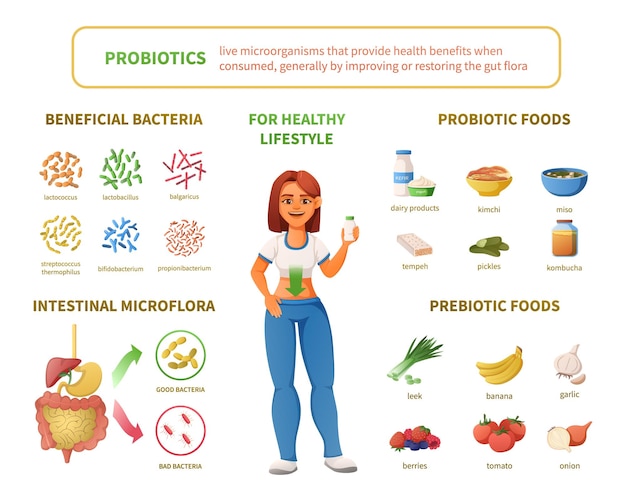

Lipids are a vital component of cell membranes.
Lipids can be found in various forms, including fats, oils, and waxes.
Lipids provide insulation and protection to organs.
Lipids are an efficient energy storage molecule.
Cholesterol is a type of lipid that is essential for hormone production.
Lipids help in the absorption of fat-soluble vitamins.
Lipids play a crucial role in brain development and function.
Omega-3 fatty acids, a type of lipid, are beneficial for heart health.
Lipids are hydrophobic, meaning they repel water.
Lipids can be classified as saturated, unsaturated, and trans fats.
Lipids are involved in cell signaling and communication.
Lipids are a major component of breast milk, providing essential nutrients for infants.
Lipids contribute to the flavor and texture of food.
Lipids act as a protective cushion for internal organs.
Lipids are necessary for the production of bile, which aids in digestion.
Lipids have a higher energy density compared to carbohydrates or proteins.
Lipids are involved in the synthesis of hormones like estrogen and testosterone.
Lipids help regulate body temperature by insulating against heat loss.
Lipids play a role in maintaining healthy skin and hair.
Lipids are essential for the formation of myelin, a protective covering of nerve cells.
Lipids are key building blocks of cell membranes.
Lipids can act as a precursor for the synthesis of vitamin D in the body.
Lipids are involved in the formation of steroid hormones like cortisol.
Lipids play a role in the absorption and transport of fat-soluble nutrients.
Lipids are essential for the production of certain enzymes and prostaglandins.
Lipids can be used as a source of fuel during prolonged exercise or fasting.
Lipids contribute to the feeling of satiety after a meal.
Lipids are important for the growth and development of children.
Lipids are an integral part of cell communication and signal transduction.
Lipids are involved in the formation of protective barriers in the skin.
Lipids are necessary for the proper functioning of the reproductive system.
Lipids can be used as a source of energy in the absence of carbohydrates.
Lipids are found in high concentrations in brain tissue.
Lipids contribute to the flavor and aroma of certain foods.
Lipids are vital for the absorption of fat-soluble medications.
Lipids play a role in blood clotting and platelet function.
Lipids provide insulation to maintain body temperature in cold environments.
Lipids are required for the synthesis of certain vitamins, including vitamin A.
Lipids can be converted into ketone bodies as an alternative fuel source.
Lipids are found in adipose tissue and act as a long-term energy storage.
Lipids are involved in the formation and maintenance of the myelin sheath around nerves.
Lipids play a role in inflammation and immune response.
Lipids are essential for the proper functioning of the liver.
Lipids contribute to the buoyancy of aquatic animals.
Lipids play a role in the absorption and transport of fat-soluble toxins.
Around the world, coffee enthusiasts enjoy Monin coffee concentrate since it is a multipurpose product. Conveniently combining…
The Importance of Choosing the Right Shower for Your Bathroom Renovating your bathroom can be…
Usain Bolt holds the record for the fastest 100-meter sprint in history.Bolt was named Sportsman…
Love is in the air... and it smells suspiciously like chocolate!Roses are red, violets are…
Life's a beach, take a picture and relax.Sun, sand, and salty kisses. That's what beach…
Hungary is home to the largest thermal water cave system in the world.The Rubik's Cube…